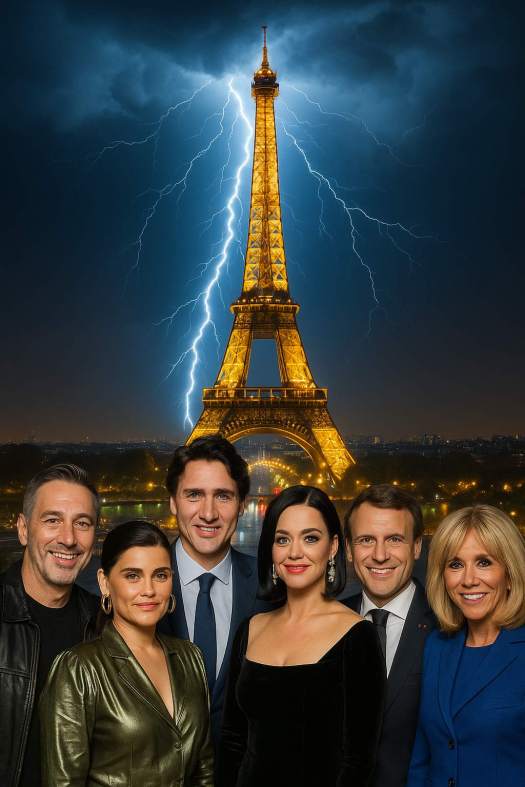Title: 1901
Genre: Historical Drama / Tech Thriller
Starring:
- Goran Visnjic as Nikola Tesla
- Tom Cruise as Thomas Edison
- Anthony Hopkins as J.P. Morgan
TREATMENT:
LOGLINE:
In the dawn of the 20th century, as the world braces for a new era of electricity, innovation, and empire, visionary inventor Nikola Tesla battles powerful rival Thomas Edison and financier J.P. Morgan in a high-stakes war of technology, control, and legacy.
ACT I – THE CURRENT WAR
The film opens in New York City, 1901, amidst the clanging steel and electric hum of a rapidly industrializing world. Serbian-born genius Nikola Tesla (Goran Visnjic) is isolated, eccentric, and destitute — living in a hotel room with pigeons and unfinished blueprints. Flashbacks show his rise: the immigrant prodigy who once lit up the Chicago World’s Fair, now a forgotten man.
Meanwhile, Thomas Edison (Tom Cruise) is in his prime — rich, famous, and ruthless. He’s using Direct Current (DC) to power cities, even as Tesla’s Alternating Current (AC) system proves superior. Yet Edison refuses to yield, launching public smear campaigns and electrocutions of animals to sway opinion.
Enter J.P. Morgan (Anthony Hopkins) — the titanic banker and industrialist. Cold, cunning, and with a towering presence, Morgan finances Tesla’s early innovations, only to turn on him when Tesla proposes free wireless energy from his Wardenclyffe Tower. Morgan scoffs: “If anyone can draw power from the air, where do we put the meter?”
ACT II – WARDENCLYFFE AND THE WIRELESS DREAM
Tesla races to complete his Wardenclyffe facility on Long Island — a futuristic tower meant to transmit energy and information across the globe. He dreams of a world with no borders, no wires, and no war. Goran Visnjic brings emotional depth to Tesla’s quiet madness and genius.
Edison and Morgan, threatened by this utopian vision, ally to sabotage Tesla. A secret committee of industrialists calls Tesla’s project “the greatest threat to capitalism.” Newspapers publish stories of Tesla as a dangerous madman.
Tesla’s experiments grow stranger: death rays, earthquake machines, and cryptic claims of signals from Mars. He is either on the brink of world-shaping discovery — or insanity.
ACT III – THE COLLAPSE AND THE LEGACY
Morgan pulls funding. Edison secures government contracts. The tower is dismantled. Tesla is evicted from his lab and reduced to speaking at clubs about “vibrational frequencies” and “invisible waves.” He feeds pigeons, ignored by the world he helped create.
But something remains. In a secret final experiment, Tesla transmits a brief pulse of power across the Atlantic — lighting a bulb in Morocco. The scene is mythic, near-spiritual. He smiles. He’s proven it can be done.
The final scenes flash-forward to the 21st century — wireless tech, drones, satellites, clean energy — Tesla’s dreams made real. A child opens a physics textbook. The name “Tesla” is on the cover.
FINAL IMAGE:
A long shot of the Eiffel Tower, lit at night. Lightning strikes. Somewhere, unseen, the current still flows.
Tone & Style:
A blend of The Prestige, There Will Be Blood, and Oppenheimer. Real science. Real rivalry. Real madness. Moody cinematography, dark Tesla coil visuals, and industrial-age dread. The moral question: who owns the future — visionaries, businessmen, or no one?
Tagline:
“He lit the world… but couldn’t pay his own light bill.”
Let me know if you’d like a poster, screenplay pages, or dialogue samples.

FINAL SCENE: 1901 – Epilogue
INT. DARKENED HOTEL ROOM – NEW YORK CITY – NIGHT
Nikola Tesla (Goran Visnjic), gaunt and alone, stares at the last of his pigeons out the window. On the desk, blueprints of machines decades ahead of their time — wireless energy, antigravity ships, particle beams — scatter like abandoned dreams.
A single bulb flickers above. Then dies.
Tesla closes his eyes.
TESLA (V.O.)
The present is theirs. The future, for which I really worked, is mine.
A deep rumble builds…
EXT. PARIS – NIGHT – 2025
The Eiffel Tower stands glowing in the distance, but a storm is brewing overhead.
Suddenly — a bolt of lightning crashes into the top of the tower.
The entire skyline of Paris surges with electricity — a city powered by Tesla’s forgotten vision.
Standing at the base of the Eiffel Tower, smiling in awe, are:
- Joe Jukic, in a black leather jacket
- Nelly Furtado, in a futuristic emerald dress
- Justin Trudeau, in a navy blue suit
- Katy Perry, radiant in a velvet gown
- Emmanuel Macron, proud, and
- Brigitte Macron, elegant and calm
They look up as the tower surges with power — not just electricity, but hope.
In this moment, the world realizes Tesla’s dream wasn’t madness — it was prophecy.
A caption fades in:
“Dedicated to Nikola Tesla — the man who saw the future.”
CLOSING CREDITS
As the credits roll, the soundtrack features an original song by Nelly Furtado and Joe Jukic called “Lightning for the People” — a blend of classical strings, pulsing synths, and poetic lyrics about free energy, stolen dreams, and a future reclaimed.



